The Literary Mind: Mark Turner’s Cognitive Science and Its Implications for Understanding Trauma and Consciousness in Psychotherapy
In the quest to understand the complexities of human consciousness and the impact of trauma on the psyche, the work of cognitive scientist Mark Turner offers a compelling and innovative perspective. Turner’s groundbreaking book, “The Literary Mind,” proposes that the fundamental mechanisms of thought are essentially literary in nature. This idea has profound implications for how we conceptualize mental health, psychotherapy, and the process of healing from trauma.
At the core of Turner’s theory is the concept of “parable.” He argues that our minds are constantly engaged in a process of storytelling, using basic narrative structures to make sense of our experiences and navigate the world around us. These “mental parables” are not just a way of communicating or entertaining ourselves, but a fundamental cognitive tool that shapes our perception, memory, and reasoning.
This idea resonates strongly with the work of other pioneers in the field of consciousness studies and neuroscience. Antonio Damasio, for example, has emphasized the central role of emotion and feeling in the creation of consciousness. His somatic marker hypothesis suggests that our decision-making processes are heavily influenced by the emotional associations we form with past experiences. In other words, we create meaning and make choices based on the stories we tell ourselves about what has happened to us and what might happen in the future.
Similarly, Michael Gazzaniga’s research on split-brain patients has highlighted the mind’s remarkable capacity to create coherent narratives, even in the face of conflicting or fragmented information. His work suggests that our sense of self is essentially a narrative construct, a story we tell ourselves about who we are and how we fit into the world around us.
In the context of trauma, Turner’s ideas take on a particular significance. Traumatic experiences are often characterized by a shattering of the individual’s sense of meaning and coherence. The stories that once provided structure and purpose to their lives are suddenly called into question, leading to feelings of confusion, despair, and disconnection.
In this light, the goal of psychotherapy can be understood as a process of helping clients to reconstruct their personal narratives in a way that promotes healing and growth. By exploring the “mental parables” that shape their perceptions and behaviors, clients can begin to identify and challenge the limiting or distressing stories they tell themselves, and develop new, more adaptive narratives.
This process is not just about “reframing” negative experiences in a more positive light, but about fundamentally reshaping the cognitive structures that underlie our sense of self and world. By tapping into the basic mechanisms of storytelling and meaning-making, therapists can help clients to create more flexible, resilient, and empowering narratives that can withstand the challenges of life.
Of course, this is not a simple or straightforward process. Trauma often involves experiences that are difficult or impossible to integrate into a coherent narrative. In these cases, the therapeutic process may involve helping clients to develop a greater tolerance for ambiguity and uncertainty, and to find meaning and purpose in the face of the unknowable.
Furthermore, the process of narrative reconstruction is not a purely individual one. As Erich Neumann and other depth psychologists have emphasized, our personal stories are always embedded within larger cultural and archetypal narratives. By exploring these collective dimensions of meaning, clients can tap into a deeper sense of connection and purpose, and find new resources for healing and growth.

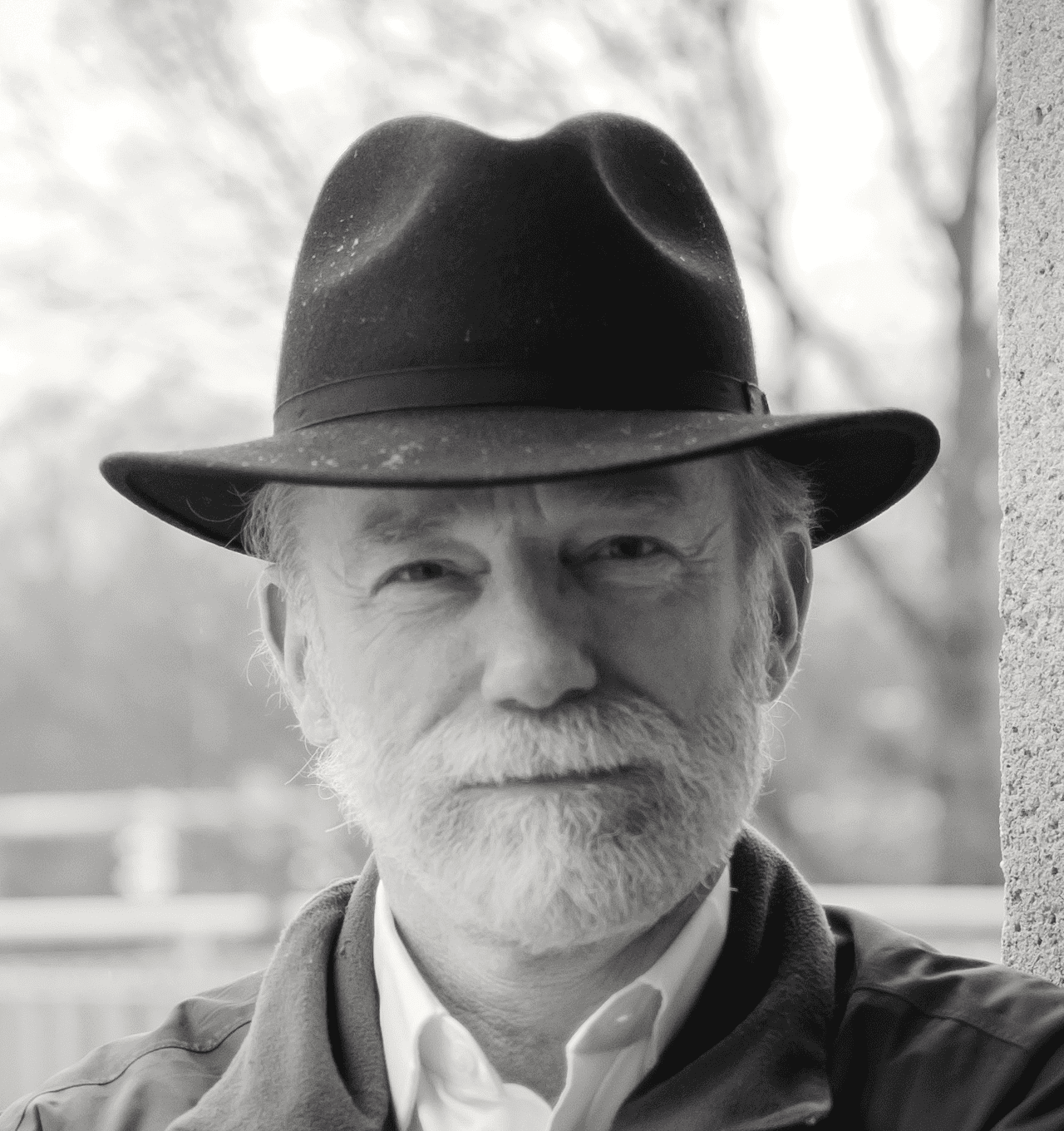



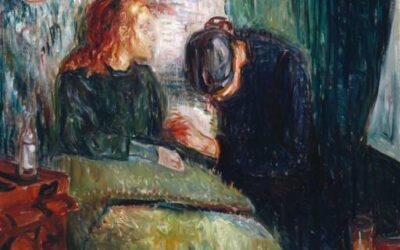


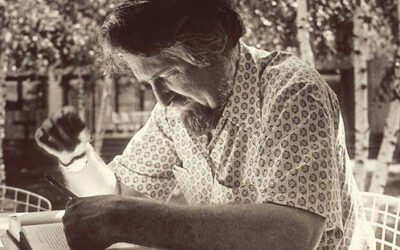
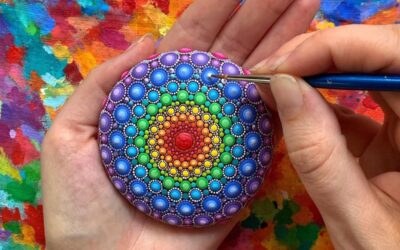
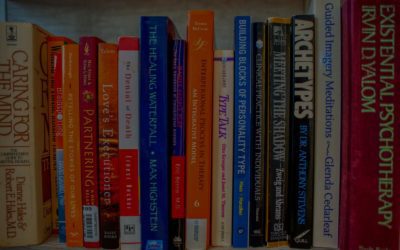
















0 Comments